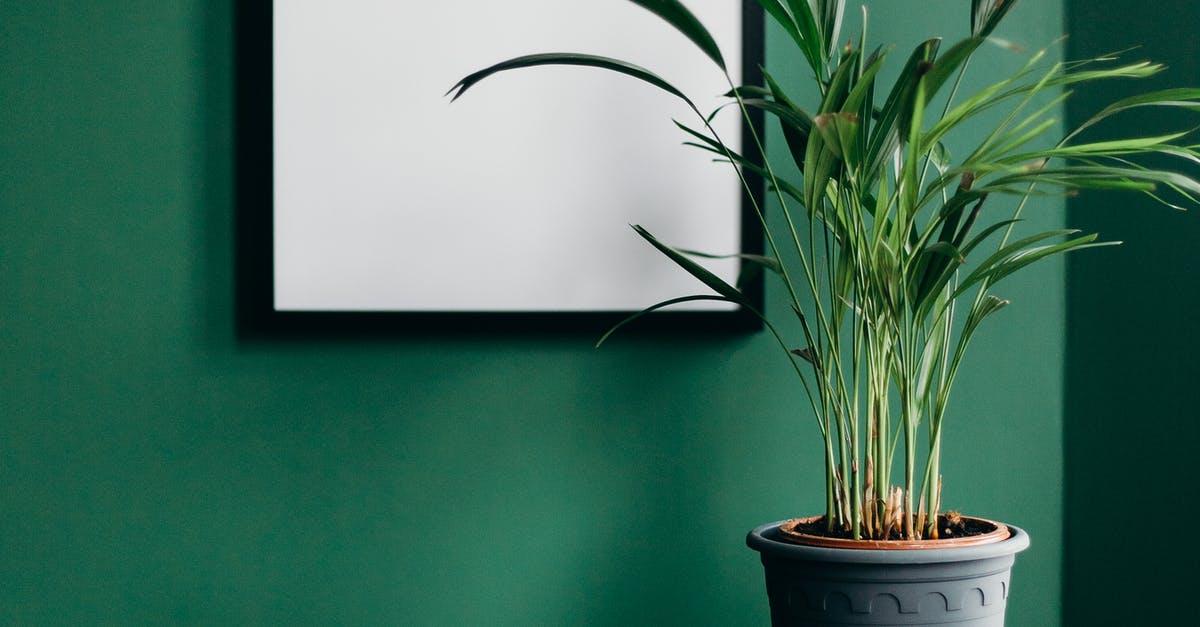How to choose the right cooking course
Cooking classes are for people who love to cook or want to learn more about cooking. They are designed to build your confidence in the kitchen and teach you new recipes. But with thousands of culinary courses to choose from, how do you know which one is perfect for you? This is something we will discuss in this post.
There are already a large number of culinary schools, both private and based in cafes and restaurants. Schools offer a variety of study opportunities. Pay special attention to institutions that offer professional food courses as well as masterclasses for amateurs.
The third crucial element is that each course must be detailed and focused on a specific topic. Choose a course that does not provide a long list of different foods; the effectiveness of the learned knowledge will be poor as your attention will not be focused on a particular flow of information.
Professionals recommend taking long-term courses (at least 3 hours each master class) with a specific menu of dishes on a single theme (and perhaps only one dish) to fully understand all the nuances of culinary abilities. In fact, during the course, the chef tries not only to discuss cooking techniques, offer work experience and secrets, but also to personally show the cooking process, which you can then repeat under his strict supervision.
Of course, you will not become a chef or super-professional after attending only one masterclass, and it will be more effective to participate in the so-called series of masterclasses, eg you can also take a cream bun course . These are complete classes that will teach you everything you need to know about cooking. A set of courses is designed for those who want to learn how to cook practically from concept to completion or fill in the gaps on some topics, as well as systematize their knowledge and skills. The main advantage is that you will gradually learn the technique of preparing many popular foods, of course for course, until you have mastered the ability to cook.
Finally, we offer this tried and true advice:
- If you are having trouble deciding which course to take, read some of the reviews about the culinary school and the master classes you will attend. Successful cooking courses are usually repeated several times.
- Choose a new school – the designers and chefs of such a school have many innovative ideas, recipes and teaching methods; new schools tend to take a completely different approach and avoid the boring and uninteresting “traditions” of existing schools.
- Trust the school that not only offers amateur master lessons but also professional training. After all, if experienced professionals trust this school, then every other person will be successfully educated there. The most important thing is to infinitely love what you do and everything will definitely work!
Conclusion
In summary, course levels range from beginner to expert, and sometimes include the chance to learn hands-on from a professional chef. Courses can be as short as a day or as long as a few months, so it is important to think carefully about which format is best for you.


